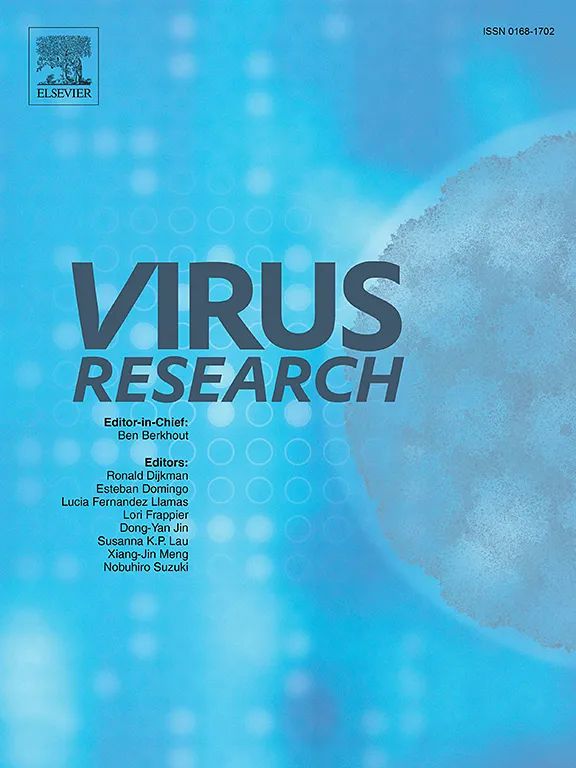Host factors and genetic polymorphisms influencing dengue infection
IF 2.7
4区 医学
Q3 VIROLOGY
引用次数: 0
Abstract
The dengue virus (DENV) is a mosquito-borne pathogen that causes severe morbidity and between 50 and 100 million illnesses each year worldwide. About 25% of infected patients encounter severe forms of the disease, such as dengue hemorrhagic fever/dengue shock syndrome, which result in considerable rates of mortality and morbidity. The majority of instances of the disease appear as subclinical infection or mild fever. The pathophysiology of the unique dengue infection outcome is determined by the complex interplay of variables relating to the virus, vector, and host; the majority of this interaction is currently poorly understood. This review study will highlight the human genetic determinants of DENV vulnerability, including blood type, human leukocyte antigens, and single nucleotide polymorphisms in immune response genes associated with DENV illness. Other factors that influence the course of DENV susceptibility will also be discussed, including age, ethnicity, nutritional status and bleeding.
影响登革热感染的宿主因素和遗传多态性
登革热病毒(DENV)是一种蚊媒病原体,每年在全世界造成严重发病率和5000万至1亿人患病。约25%的感染患者会出现严重形式的疾病,如登革出血热/登革休克综合征,导致相当高的死亡率和发病率。大多数病例表现为亚临床感染或轻度发热。独特的登革热感染结果的病理生理学是由与病毒、媒介和宿主相关的变量的复杂相互作用决定的;这种相互作用的大部分目前还不太清楚。这项综述研究将强调DENV易感性的人类遗传决定因素,包括血型、人类白细胞抗原和与DENV疾病相关的免疫反应基因的单核苷酸多态性。还将讨论影响DENV易感性过程的其他因素,包括年龄、种族、营养状况和出血。
本文章由计算机程序翻译,如有差异,请以英文原文为准。
求助全文
约1分钟内获得全文
求助全文
来源期刊

Virus research
医学-病毒学
CiteScore
9.50
自引率
2.00%
发文量
239
审稿时长
43 days
期刊介绍:
Virus Research provides a means of fast publication for original papers on fundamental research in virology. Contributions on new developments concerning virus structure, replication, pathogenesis and evolution are encouraged. These include reports describing virus morphology, the function and antigenic analysis of virus structural components, virus genome structure and expression, analysis on virus replication processes, virus evolution in connection with antiviral interventions, effects of viruses on their host cells, particularly on the immune system, and the pathogenesis of virus infections, including oncogene activation and transduction.
 求助内容:
求助内容: 应助结果提醒方式:
应助结果提醒方式:


